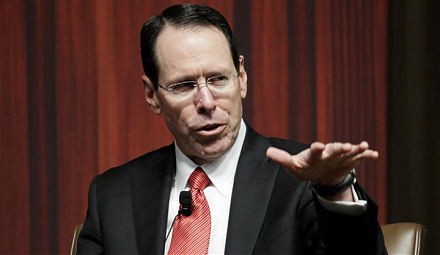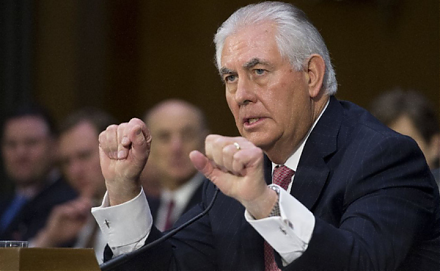

2018-07-21 13:35:00 Sat ET
technology antitrust competition bilateral trade free trade fair trade trade agreement trade surplus trade deficit multilateralism neoliberalism world trade organization regulation public utility current account compliance
President Trump supports a bipartisan bill or the Foreign Investment Risk Review Modernization Act (FIRRMA), which effectively broadens the jurisdiction of the Committee on Foreign Investments (CFIUS). This legislation gives CFIUS greater legal power to probe-and-block the acquisition of U.S. firms by foreign companies. The Trump administration advocates the fact that an expansion of CFIUS can be a powerful safety valve for future economic prosperity. In effect, this safety valve better protects the crown jewels of American technology and intellectual property from unfair trade transfers and corporate acquisitions that may threaten American national economic security.
In March 2018, CFIUS rejected the Singaporean rival Broadcom's M&A takeover of Qualcomm (a San Diego chipmaker) over 5G national security concerns. In mid-2018, CFIUS refused to approve a $1.2 billion M&A deal between MoneyGram (a Dallas money transfer company) and Ant Financial Group (a Chinese electronic-payments company). Also, CFIUS blocked the proposal from East Asian buyers to acquire a controlling equity stake in the Californian automobile LED business of the Dutch electronics giant Philips.
The new legislation grants CFIUS greater legal power to review foreign capital investment transactions beyond national economic security to U.S. competitive advantage in new industries such as 5G telecommunication and LTE broadband. Under this legislation, CFIUS can review major foreign capital investments, M&As, joint ventures, and strategic alliances that might involve the potential transfer of American critical technologies.
In accordance with the congressional mandate, CFIUS helps curb Chinese capital investments in American critical technologies that may hinder U.S. competitive advantage in emerging-industries due to national economic security concerns.
CFIUS prevents China and several other countries such as Russia, Japan, and Germany from exploiting loopholes in the current safeguards in order to acquire both sensitive and exclusive critical technologies, patents, and trademarks to the detriment of U.S. firms and inventors.
If any of our AYA Analytica financial health memos (FHM), blog posts, ebooks, newsletters, and notifications etc, or any other form of online content curation, involves potential copyright concerns, please feel free to contact us at service@ayafintech.network so that we can remove relevant content in response to any such request within a reasonable time frame.
2019-01-01 03:34:48 Tuesday ET

American allies assist AT&T and Verizon in implementing 5G telecommunication technology in the U.S. as such allies ban the use of HuaWei 5G telecom equi
2023-04-28 16:38:00 Friday ET

Peter Schuck analyzes U.S. government failures and structural problems in light of both institutions and incentives. Peter Schuck (2015) Why
2018-03-07 07:34:00 Wednesday ET

President Trump tweets his key decision to oust State Secretary Rex Tillerson after several months of intense disagreement over diplomatic affairs. Trump so
2023-03-07 11:29:00 Tuesday ET

Former Bank of England Governor Mervyn King provides his deep substantive analysis of the Global Financial Crisis of 2008-2009. Mervyn King (2017) &nb
2022-05-15 10:29:00 Sunday ET

Innovative investment theory and practice Corporate investment can be in the form of real tangible investment or intangible investment. The former conce
2019-09-05 09:26:00 Thursday ET

Yale macro economist Stephen Roach draws 3 major conclusions with respect to the Chinese long-run view of the current tech trade conflict with America. Firs